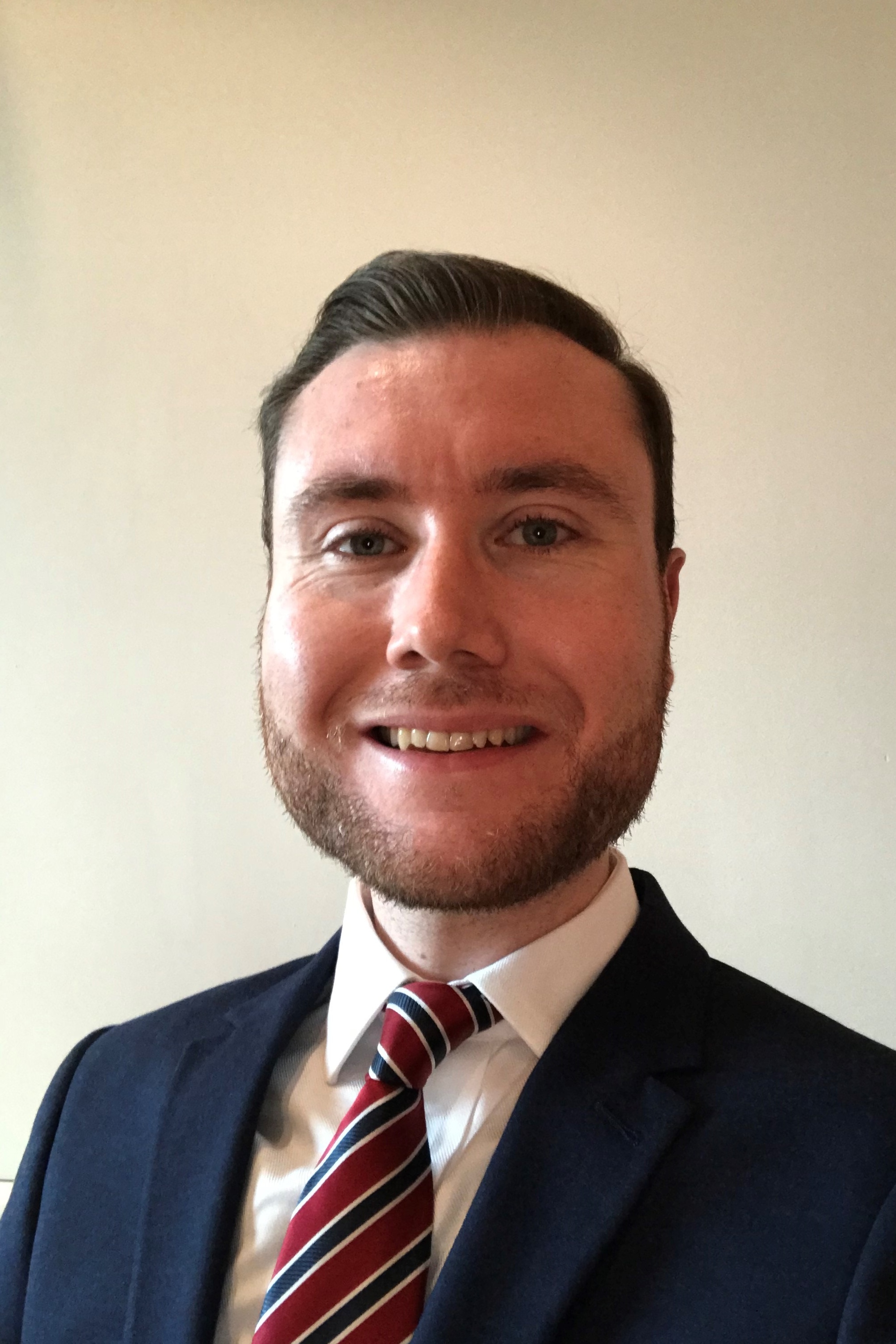
Dr Peter Heins (Aeronautical Engineering 2011) is a patent attorney at a leading European intellectual property (IP) firm, Withers & Rogers. We caught up with Peter to find out more about the world of intellectual property, what a career as a patent attorney looks like and how Imperial has impacted his journey so far.
What did you learn at Imperial that you continue to use today?
I was lucky enough to experience a wide range of topics throughout the duration of my course. The large breadth of subject matter meant that I managed to build a foundation of knowledge that I would continue to use even after graduating.
All the report writing that I did while at Imperial helped to hone my technical writing skills. This is something that I continue to find very helpful today as drafting patent applications typically involves describing complex technologies in clear and concise language.
As a patent attorney, about 50 per cent of the knowledge you require is legal and the other 50 per cent is engineering. When you’re drafting patent applications, or helping to invalidate the applications of others, it’s essential to understand how an invention might work in a specific application.
Tell us a bit about your journey to your current role?
After graduating from Imperial, I decided to continue my studies by pursuing a PhD at the University of Sheffield. It was only after completing a couple of postdoctoral research projects that a friend introduced me to the world of intellectual property.
It was after this initial conversation that I decided to conduct my own research into what a role in IP would look like. The mixture of scientific knowledge and legal knowledge seemed like an interesting combination, and of course, the fact that I would be in constant contact with groundbreaking innovations was a huge attraction.
What does a typical day look like for you now?
A large part of my role includes drafting patent applications and communicating with clients about their innovations. As well as helping my clients to protect their technology using patents, I am also sometimes asked to help them to invalidate a competitor’s patent and provide strategic advice.
While drafting patent applications is a big part of my job, I also help to progress applications through the patent office examination process. For example, this could require me to respond to any objections from the patent office, which can mean arguing my client’s case. I may also need to amend an application to help ensure that it proceeds to grant. When enforcing patent rights on behalf of my clients, this typically can involve liaising with solicitors and barristers, and occasionally attending court proceedings.
To further protect the clients I work with, I also provide advice on mitigating the risk of infringing patents owned by third parties by conducting patent searches or analysing any existing patented technologies.
What have been your career highlights?
My latest career highlight is becoming a fully qualified patent attorney in Summer 2021, which required me to pass a series of twelve examinations over the period of four years.
Another highlight has been attending court proceedings on several occasions at the European Patent Office (EPO) in Munich. During my first trip to the EPO, I helped to encourage the court to grant a patent application that they did not previously agree was allowable. Since then, the other court proceedings I have attended have been focused on invalidating patents owned by my client’s competitors.
What are your future career plans?
I want to be the best patent attorney that I can possibly be. Ideally, I would hope that in a few years’ time and with a bit more experience under my belt, I may be able to become a partner at Withers & Rogers. This would mean that as well as taking on more managerial responsibilities, such as directing a team, I would also be able to make more executive decisions within the business.
What would be your advice to any Imperial students considering a career in IP?
The very first step to pursuing a role in intellectual property is to make sure that you have done your research into the role. I would recommend trying to contact a patent attorney through LinkedIn and discussing the role.
Additionally, most IP firms host open days when they’re advertising graduate career roles that can be useful for further information and to get a glimpse into how it may feel to be at the firm.
When applying for a role in IP, it’s also important to have an airtight CV and cover letter – this is another reason why it’s a good idea to contact a practising or trainee attorney in advance as they can help you with sense checking these before you submit your application.
It’s also important to understand that you will be required to pass further exams when you start your career, and this does require hard work. At my company, I received lots of support from colleagues who had been through the process themselves and this was incredibly useful. From study days to in-house tutorials and group discussions after mock exams, it’s important to find a firm where you can get the help you need to succeed.
How did Imperial prepare Dr Heins for a career in IP?
"All the report writing that I did while at Imperial helped to hone my technical writing skills. This is something that I continue to find very helpful today as drafting patent applications typically involves describing complex technologies in clear and concise language."